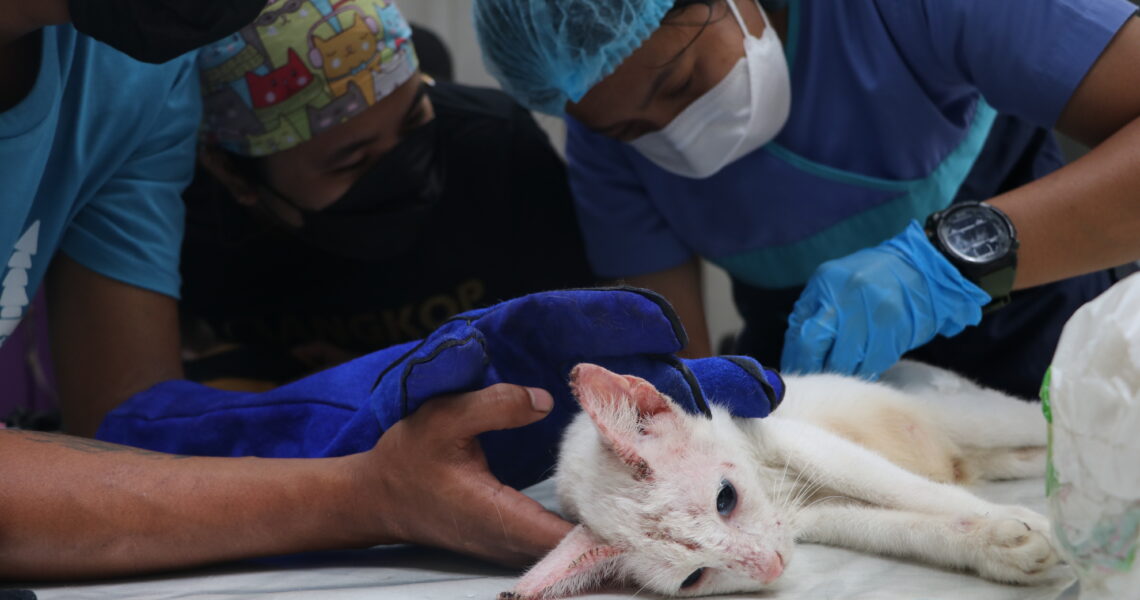Renal Failure
Renal failure, also known as kidney failure, occurs when your pet’s kidneys are compromised by certain conditions or by a disease that he may have been infected with in the past. Similar to humans, your pet’s kidneys filter out waste and balance nutrients in the body. Kidney complications or failure can also result in different health problems arising in your pet.
There are two types of renal failure that can affect your pets. These are acute renal failure and chronic renal failure.
Acute renal failure occurs suddenly, with kidney functions rapidly decreasing within hours or days. Generally, this kind of renal failure occurs due to infection or ingestion of toxins. It can be caused by consuming something poisonous, severe dehydration, heat strokes, and leptospirosis. Acute renal failure can quickly become fatal, however, it can be treated completely if your pet is given medical care early.
On the other hand, chronic renal failure is the condition used to refer to the gradual loss of kidney functions. This can continue for weeks, months, or even years. One of the main causes of chronic renal failure is old age. Chronic renal failure can be a bit more difficult to diagnose, as it takes time before it becomes severe enough to be noticeable. It progresses in 4 stages, with the fourth being the most severe. Unlike acute renal failure, chronic renal failure cannot be treated permanently and can only be managed throughout the rest of your pet’s life.
Causes of renal failure:
Acute renal failure
Poisoning (through chemicals or foods that are toxic to your pet’s species)
Severe dehydration
Heatstroke
Leptospirosis
Chronic renal failure:
Dental disease (bacteria in teeth or gums can damage various internal organs)
Old age
Hereditary conditions/birth defects
High blood pressure
Kidney stones
Chronic renal failure can be caused by various factors, and it is often difficult to pinpoint a specific one.
Symptoms of renal failure:
Significant weight loss
Vomiting
Pale gums
Loss of appetite
A significantly increased amount of drinking
Increase in volume of urine, increase in the frequency of urination
Blood in urine
Acute renal failure can be prevented by ensuring that your pet does not have access to any toxic products and that he does not eat anything that can be poisonous (this includes food products like grapes, chocolates, alcohol, as well as medication meant for humans.) Avoiding heat strokes and dehydration are also important things to take note of. Leptospirosis, which can also cause acute renal failure, can be prevented through vaccination. Chronic renal failure is a little more difficult to avoid, as one of its causes is old age. Hereditary conditions are also out of your control, but things such as dental diseases can be avoided with proper dental hygiene.
If you suspect that your pet is struggling with renal failure, seek help from your veterinarian. Acute renal failure may require confinement and intensive medical care to save your pet’s life. If your pet is struggling with chronic renal failure, your vet will prescribe medication and a proper diet to assist him in coping with the condition. Chronic renal failure is permanent, but with proper care, your pet can continue to live a happy and healthy life for many more years despite the condition. Treatment will generally focus on slowing down the disease’s progression and improving your pet’s quality of life. If left untreated, either form of renal failure can be fatal to your pet.

